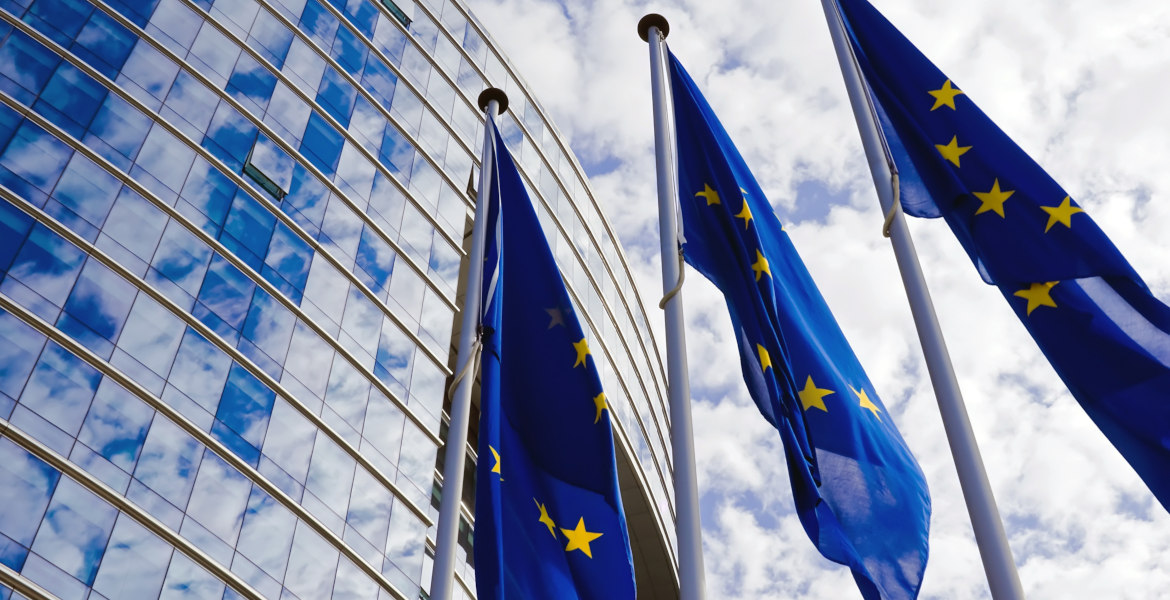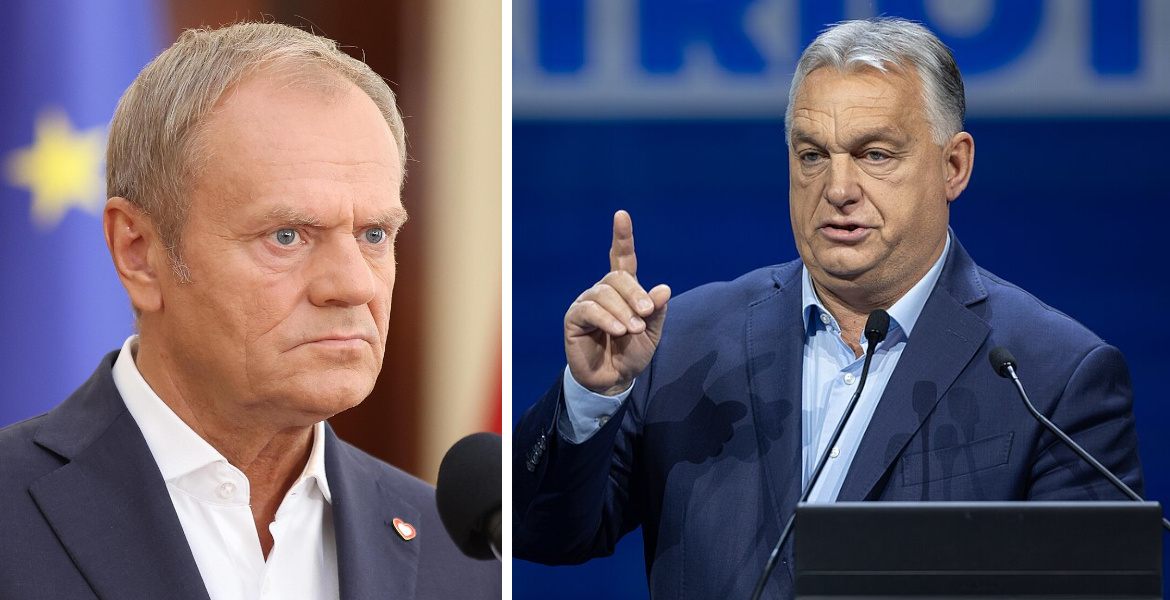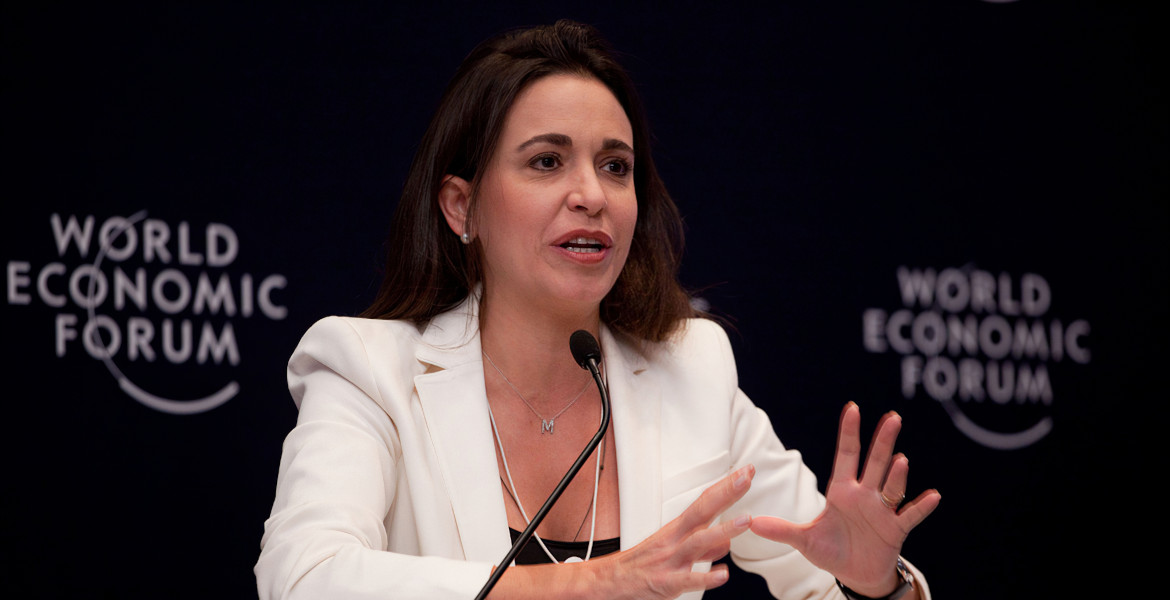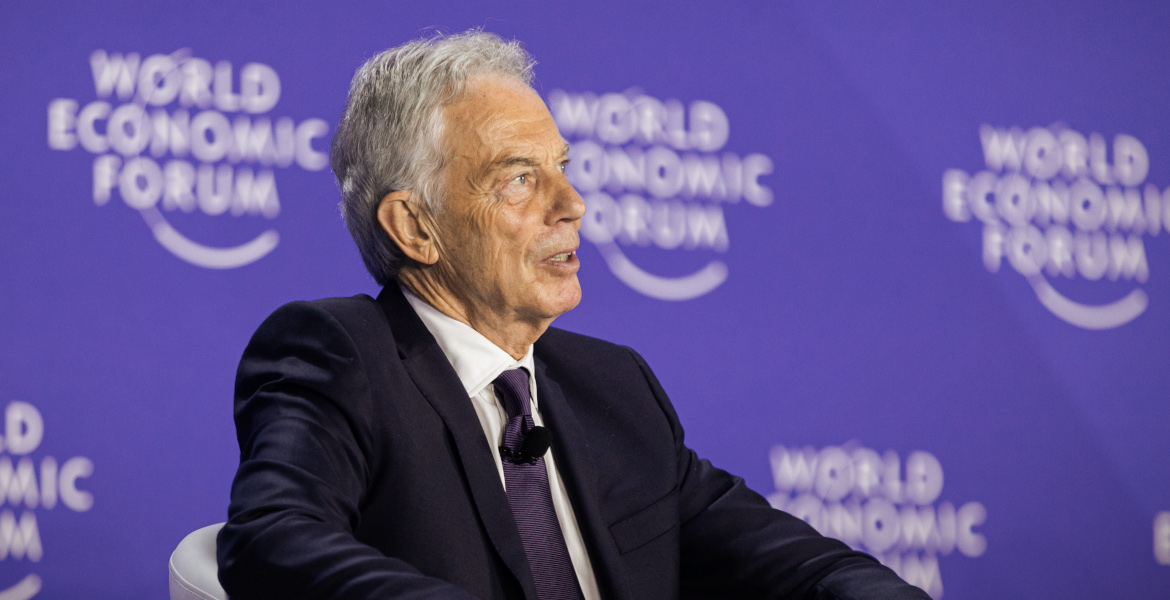The Chairman of Investors and the Confederation of Swedish Enterprise, Jacob Wallenberg, is now calling on Sweden to deepen its commitment to EU cooperation to strengthen the single market and promote free trade.
The Swedish oligarch also stresses "the need for a new discussion on the euro" and opposes increased demands for shorter working hours for Swedish workers.
Speaking at the annual general meeting of the Confederation of Swedish Enterprise last week, Jacob Wallenberg stressed the importance of Sweden's role in the EU and the "challenges" facing businesses in an "increasingly uncertain world". He pointed out that more than 60% of Sweden's exports go to the EU single market, creating nearly 850,000 Swedish jobs.
– I believe that Sweden needs to engage even more with the EU, that Swedish companies need to make their voice heard both at home and in Brussels - a voice for free trade, for strengthening the single market.
He also suggested that Sweden should consider adopting the euro in order to fully participate in EU cooperation.
– We need to take up the discussion on whether Sweden should participate fully in the euro and thus in EU cooperation. This is not least about being involved in the decision-making process and not sitting outside in the waiting room.
Concerns about EU competitiveness
Wallenberg welcomes the fact that former Italian prime ministers Enrico Letta and Mario Draghi have been asked by the European Commission to make proposals on how to develop the single market and strengthen the EU's competitiveness.
– I think it is extremely important that this work is done, but it is also urgent that we listen and take on board what they say and that the EU has the capacity to take it forward.
He expressed concern that the EU is losing competitiveness to both China and the US.
– If we compare the US with the EU, 15 years ago the US and the EU had the same GDP. Today the US is 25% bigger. Obviously we have big challenges, he argued.
Wallenberg also pointed out that Sweden is at the bottom of the EU league when it comes to growth and that this is not sustainable.
– We need to start talking more about growth and how we create strong companies, he said, stressing that faster growth "would put Sweden in a better position to manage the climate transition and strengthen prosperity".
Advice on shorter working hours
A hot potato for some parties and for a couple of decades, which has been brought back to life in the run-up to the upcoming European Parliament elections on June 9, is the issue of reduced working hours.
The Left Party recently put the issue back on the agenda in connection with the launch of the party's election campaign.
In an interview with the tax-funded Swedish Radio Ekot last week, Jacob Wallenberg, not surprisingly, emphasized the employers' organization's line that the controversial issue of reduced working hours would be expensive for Sweden to implement.
– If we reduce working hours, it will be at the expense of our competitiveness and the country's economic development, said Jacob Wallenberg in what can partly be seen as a response to the Left Party's new demands.
New free trade agreements
Wallenberg is also concerned about the slow rollout of 5G in Sweden and calls for increased investment in research and development, a better functioning capital market and a reduced regulatory burden for companies.
– We also need new free trade agreements that give Swedish and European companies access to larger markets around the world as a counterweight to a world with protectionist tendencies, he says.
Jan-Olof Jacke, CEO of the Confederation of Swedish Enterprise, agrees with Wallenberg and stresses the need for a growth agenda for Sweden and Europe.
He points out that one of the reasons why the EU has lost ground in terms of GDP compared to the US is the number of hours worked.
– Fifty years ago we had the same annual working hours in Europe as in the US. Today, working hours in the US are about 15% higher than in Europe, which is an important factor in why GDP growth has been much stronger in the US, says Jacke.





